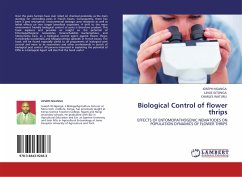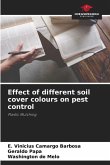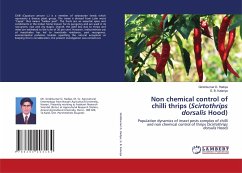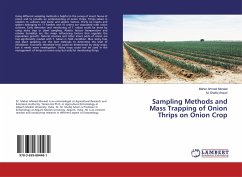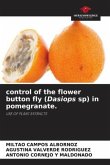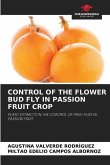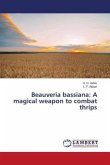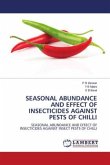Over the years farmers have over relied on chemical pesticides as the main strategy for controlling pests in French beans. Consequently, there has been a pest resurgence, environmental damage, pest resistance as well as lethal effects on non target beneficial organisms. A shift to the more environment friendly biological control of pests is therefore prudent. This book explores and provides an insight on the potential of Entomopathogenic nematodes, Heterorhabditis bacteriophora, and Steinernema karii, as a biological control agent against flower thrips, Frankliniella occidentalis and Megalurothrips sjostedti in French beans.The book will be found especially useful to all proponents of biological pest control and more so to researchers and other professionals in search of biological pest control. All persons interested in exploiting the potential of EPNs as a biological Agent will also find the book useful
Bitte wählen Sie Ihr Anliegen aus.
Rechnungen
Retourenschein anfordern
Bestellstatus
Storno

